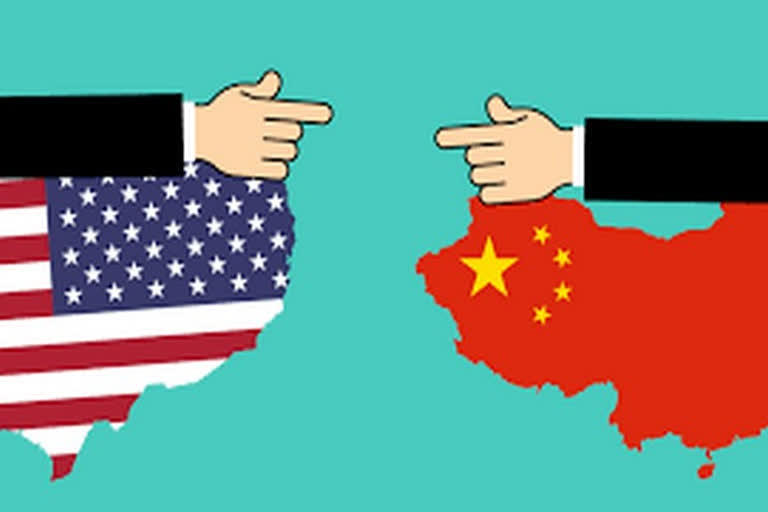Anchorage (US): Top US and Chinese officials offered sharply different views of each other and the world on Thursday as the two sides met face-to-face for the first time since President Joe Biden took office.
In unusually pointed remarks for a staid diplomatic meeting, Secretary of State Antony Blinken and Chinese Communist Party foreign affairs chief Yang Jiechi took aim at each other's country's policies at the start of two days of talks in Alaska. The contentious tone of their public comments suggested the private discussions would be even more rocky.
The meetings in Anchorage were a new test in increasingly troubled relations between the two countries, which are at odds over a range of issues from trade to human rights in Tibet, Hong Kong and China's western Xinjiang region, as well as over Taiwan, China's assertiveness in the South China Sea and the coronavirus pandemic.
Blinken said the Biden administration is united with its allies in pushing back against China's increasing authoritarianism and assertiveness at home and abroad.
Yang then unloaded a list of Chinese complaints about the US and accused Washington of hypocrisy for criticising Beijing on human rights and other issues.
“Each of these actions threaten the rules-based order that maintains global stability,” Blinken said of China's actions in Xinjiang, Hong Kong and Taiwan, and of cyber attacks on the United States and economic coercion against US allies. “That's why they're not merely internal matters, and why we feel an obligation to raise these issues here today.”
Also read:Biden says US to hit 100 million virus goal on Friday
Yang responded by demanding the US stop pushing its own version of democracy at a time when the United States itself has been roiled by domestic discontent. He also accused the US of failing to deal with its own human rights problems and took issue with what he said was “condescension” from Blinken, National Security Adviser Jake Sullivan and other US officials.
“We believe that it is important for the United States to change its own image and to stop advancing its own democracy in the rest of the world,” he said. “Many people within the United States actually have little confidence in the democracy of the United States.”
“China will not accept unwarranted accusations from the US side,” he said, adding that recent developments had plunged relations “into a period of unprecedented difficulty” that “has damaged the interests of our two peoples.” "There is no way to strangle China," he said.
